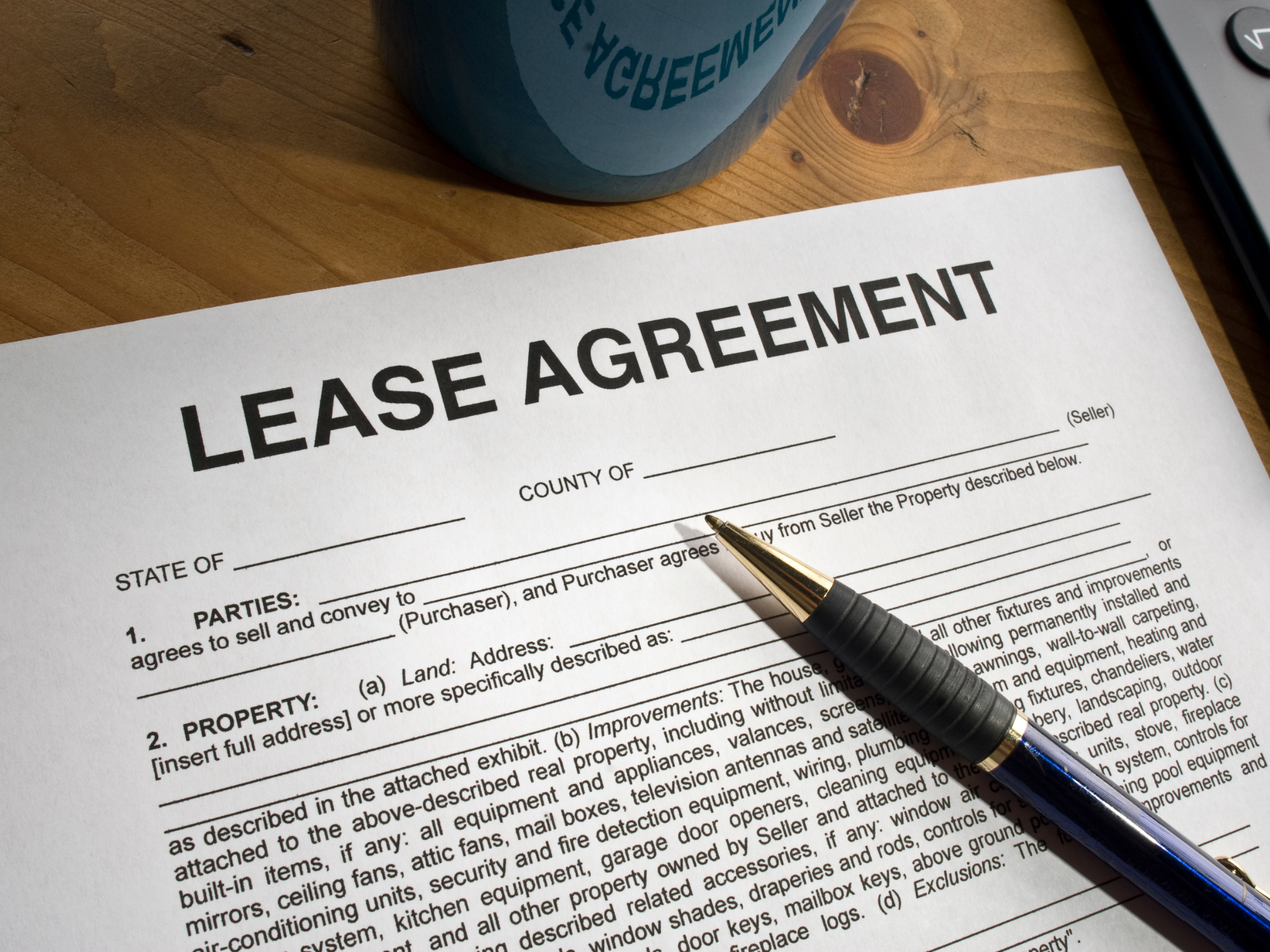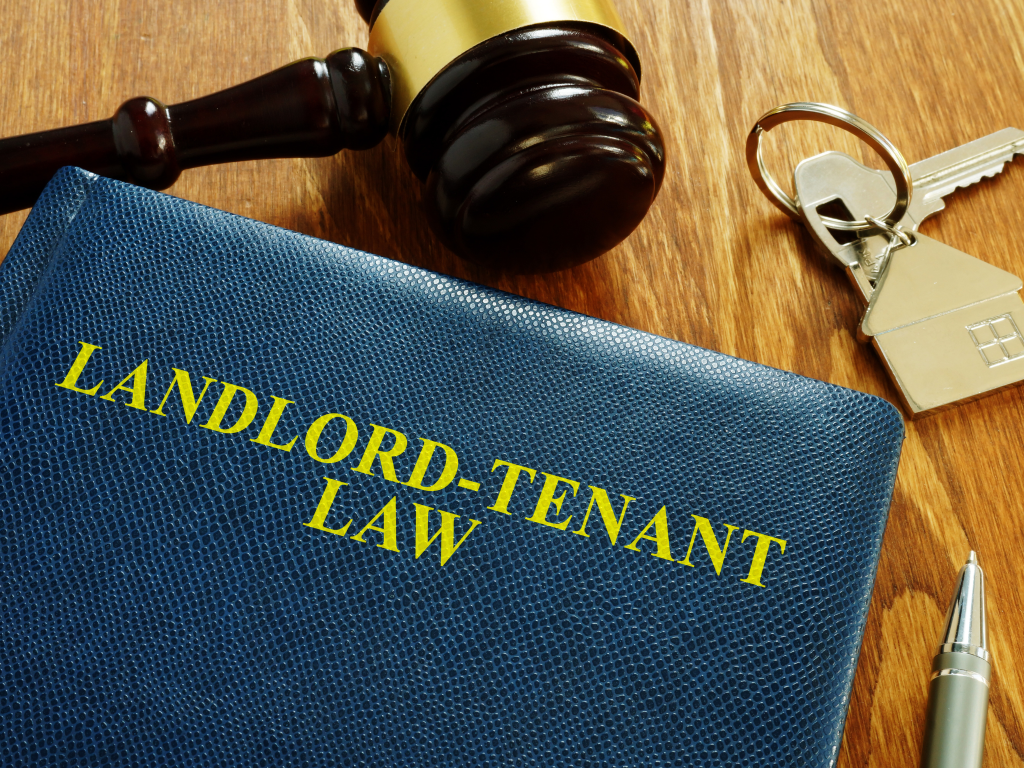Being a landlord comes with a variety of responsibilities, but it also grants certain rights that are essential for managing rental properties effectively. Understanding these rights can help landlords navigate the complexities of property management and ensure a smooth relationship with tenants. In this comprehensive guide, we will explore the key rights of landlords, with expert insights from Albert Dweck of Duke Properties. We’ll cover everything from setting lease terms to handling evictions, providing you with the knowledge you need to manage your rental properties successfully.
The Right to Set Lease Terms

One of the fundamental rights of landlords is the ability to set the terms of the lease agreement. This includes determining the duration of the lease, the amount of rent, and any rules or regulations that tenants must follow. Landlords can also specify who is responsible for utilities and maintenance, as well as any restrictions on pets or subletting.
Key Considerations:
- Clear Communication: Ensure that all lease terms are clearly communicated to tenants and documented in the lease agreement.
- Legal Compliance: Make sure that the lease terms comply with local, state, and federal laws to avoid legal issues.
The Right to Collect Rent
Landlords have the right to collect rent from tenants in exchange for providing them with a place to live. This includes setting the amount of rent, the due date, and any late fees for overdue payments. Landlords can also collect security deposits to cover potential damages or unpaid rent.
Tips for Effective Rent Collection:
- Consistent Policies: Establish consistent rent collection policies and communicate them to tenants.
- Payment Methods: Offer multiple payment methods, such as online payments, checks, or direct deposits, to make it convenient for tenants to pay rent.
- Record Keeping: Keep accurate records of all rent payments and deposits to avoid disputes.
The Right to Enter the Property
Landlords have the right to enter the rental property for specific reasons, such as making repairs, conducting inspections, or showing the property to prospective tenants or buyers. However, landlords must provide reasonable notice to tenants before entering the property, except in emergencies.
Best Practices:
- Notice Requirements: Follow state and local laws regarding the amount of notice required before entering the property. Typically, 24 to 48 hours’ notice is considered reasonable.
- Respect Privacy: Respect tenants’ privacy and avoid entering the property without a valid reason.
The Right to Screen Tenants
Screening tenants is an important right that allows landlords to select tenants who are likely to pay rent on time and take care of the property. This process typically involves checking credit reports, rental history, employment status, and references.

Screening Tips:
- Consistent Criteria: Use consistent criteria for screening all applicants to avoid discrimination claims.
- Fair Housing Laws: Comply with fair housing laws that prohibit discrimination based on race, color, religion, sex, national origin, familial status, or disability.
The Right to Evict Tenants
Landlords have the right to evict tenants who violate the terms of the lease agreement, such as failing to pay rent, causing significant damage to the property, or engaging in illegal activities. The eviction process must follow legal procedures, which vary by state.
Eviction Process:
- Notice to Quit: Provide the tenant with a written notice to quit, specifying the reason for eviction and the time frame for the tenant to remedy the situation or vacate the property.
- Court Proceedings: If the tenant does not comply with the notice, file an eviction lawsuit in court. Attend the court hearing and present evidence to support the eviction.
- Enforcement: If the court rules in favor of the landlord, obtain a writ of possession to have the tenant removed from the property by law enforcement.
Insights from Albert Dweck of Duke Properties
Albert Dweck, the CEO of Duke Properties, has extensive experience in the real estate industry. Under his leadership, Duke Properties has grown significantly, focusing on multifamily properties in the New York metropolitan area. According to Dweck, understanding and exercising landlord rights is crucial for effective property management.
“At Duke Properties, we believe that a well-informed landlord is better equipped to manage their properties and maintain positive relationships with tenants. Knowing your rights as a landlord helps you navigate challenges and make informed decisions,” says Dweck.
The Right to Maintain the Property
Landlords have the right to maintain their rental properties to ensure they are safe and habitable. This includes making necessary repairs, addressing health and safety issues, and ensuring that common areas are clean and well-maintained.
Maintenance Tips:
- Regular Inspections: Conduct regular inspections to identify and address maintenance issues before they become major problems.
- Prompt Repairs: Respond promptly to repair requests from tenants to maintain a good landlord-tenant relationship.
- Preventive Maintenance: Implement preventive maintenance practices to extend the life of property systems and appliances.
The Right to Set Rules and Regulations
Landlords can establish rules and regulations for tenants to follow, such as noise restrictions, pet policies, and guidelines for using common areas. These rules should be clearly outlined in the lease agreement and communicated to tenants.
Creating Effective Rules:
- Clarity: Ensure that rules are clear, reasonable, and enforceable.
- Consistency: Apply rules consistently to all tenants to avoid claims of favoritism or discrimination.
- Communication: Communicate rules to tenants at the beginning of the lease and provide reminders as needed.
The Right to Sell the Property
Landlords have the right to sell their rental properties at any time. However, they must comply with state and local laws regarding tenant rights during the sale process. This may include providing notice to tenants and honoring existing lease agreements.
Selling Tips:
- Tenant Communication: Inform tenants of the sale and provide them with information about their rights and any changes that may affect them.
- Lease Agreements: Ensure that the new owner honors existing lease agreements and security deposits.
The Right to Terminate the Lease
Landlords can terminate a lease agreement under certain conditions, such as the end of the lease term, non-payment of rent, or lease violations. The process for terminating a lease varies by state and must comply with legal requirements.
Termination Process:
- Notice Requirements: Provide the tenant with the required notice period, which varies by state and the reason for termination.
- Documentation: Keep detailed records of the reasons for termination and any communication with the tenant.
Conclusion
Understanding landlord rights is essential for effective property management and maintaining positive relationships with tenants. With insights from Albert Dweck of Duke Properties, it’s clear that being well-informed about your rights as a landlord can help you navigate challenges and make informed decisions. Whether you’re setting lease terms, collecting rent, or handling evictions, knowing your rights ensures that you can manage your rental properties successfully and protect your investment.
